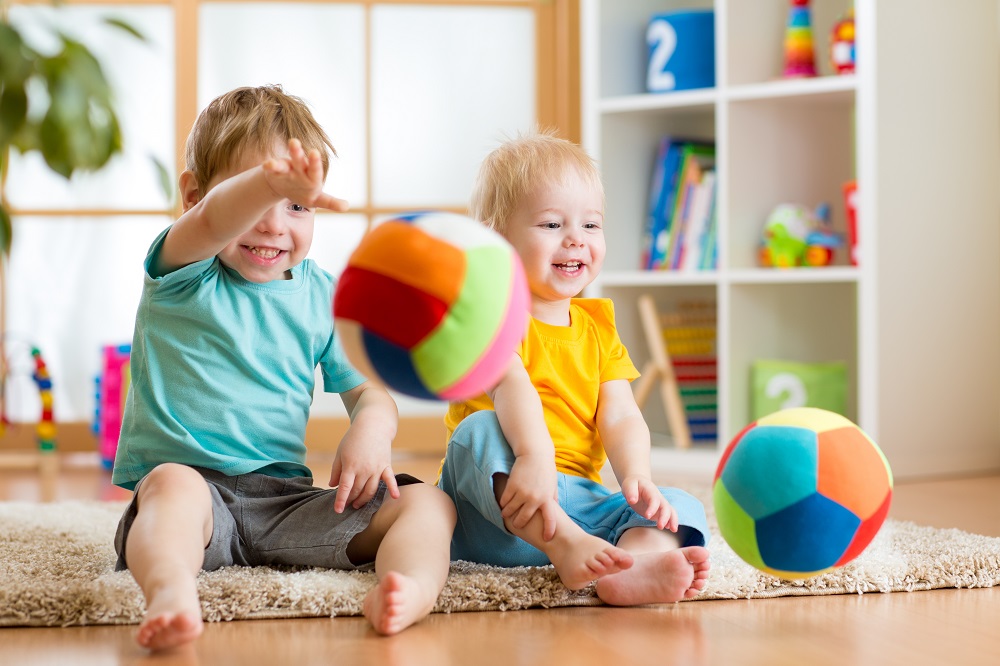Play is an essential part of childhood, and functional play is a crucial aspect of a child’s development. Functional play involves activities that help children to understand how things work and how they can be manipulated. Through functional play, children learn to problem-solve, develop their fine and gross motor skills, and improve their social skills. In this blog post, we will explore how functional play benefits children.
- Cognitive development: Functional play is an excellent way to promote cognitive development in children. When children engage in functional play, they learn to understand the world around them by exploring and manipulating objects. They learn cause and effect, which helps them to develop problem-solving skills. For example, when a child builds a tower with blocks, they learn about balance, stability, and the properties of objects.
- Fine and gross motor skills: Functional play also helps to develop children’s fine and gross motor skills. When children engage in activities such as drawing, cutting, or manipulating small objects, they develop their fine motor skills. On the other hand, activities such as running, jumping, and climbing help to develop gross motor skills.
- Social skills: Functional play can also help children to develop their social skills. When children engage in functional play with others, they learn to cooperate and take turns. They learn to communicate their ideas and negotiate with others. They learn to share and show empathy towards others.
- Creativity and imagination: Functional play can also promote creativity and imagination in children. When children engage in functional play, they are encouraged to use their imagination to create scenarios and solve problems. This helps to develop their creativity and allows them to explore different possibilities.
- Emotional development: Finally, functional play can also help to promote emotional development in children. Through functional play, children learn to express their emotions in a safe and supportive environment. They learn to regulate their emotions and develop empathy toward others.
In conclusion, functional play is an essential aspect of a child’s development. Through functional play, children can develop their cognitive, fine and gross motor skills, social skills, creativity, imagination, and emotional development. Parents and caregivers should encourage children to engage in functional play regularly to promote their overall development.

